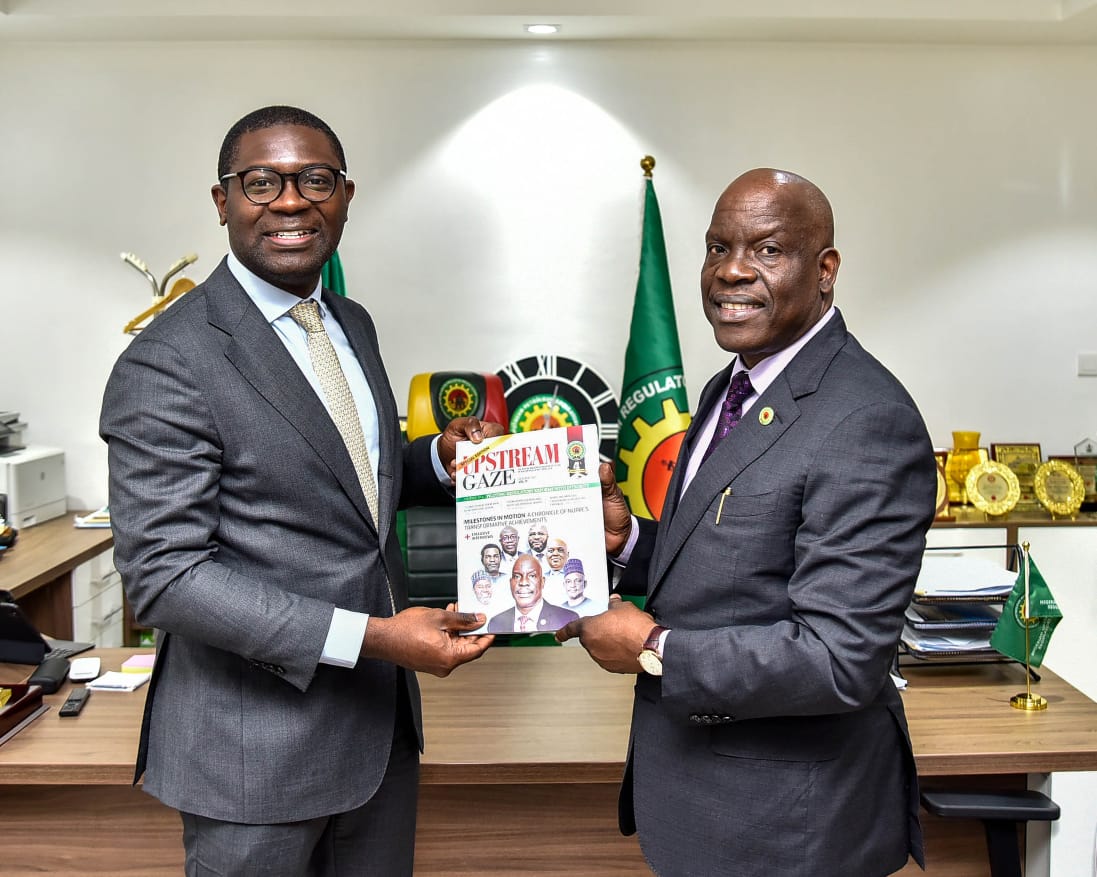One of the most frightening and saddening realities unfolding among the youths in northern Nigeria today is a growing distortion in values and perception. Many young people, the educated, semi-educated, and uneducated alike, have come to see life, events, and human actions through three narrow prisms: that every action must be driven by personal gain, that almost everything revolves around politics, and that true success can only be achieved through attachment to someone in public office.
This mindset has become so deep-rooted that when an individual contributes to the development of their community, by initiating projects, offering scholarships, or providing assistance to the needy, many young people quickly conclude that such a person is merely preparing to contest for political office. In their eyes, every good deed must have a political motive.
Worse still, many youths now find it difficult to differentiate between professional services offered to public office holders and acts of politicking or sycophancy. For instance, a consultant working professionally with a politician is often labeled a “bootlicker,” while the idea of honest professional engagement is completely lost on them.
Another dangerous belief that has taken root is the misconception that survival depends on constant handouts from those in positions of authority. Many young people expect political office holders to provide them with free money or favors as a means of livelihood. This culture of dependency has weakened the entrepreneurial spirit and hard work that once defined northern society. Instead of seeking skills, opportunities, and innovation, a large number of youths now wait for patronage from politicians who, in turn, exploit this vulnerability for personal political advantage.
Sadly, only a few young people , particularly the truly and properly educated and enlightened ones, still believe in self-reliance, hard work, and small-scale entrepreneurship. These few understand that dignity and progress come not from begging or political attachment, but from creativity, persistence, and self-belief.
Northern Nigeria’s future depends on changing this dangerous mindset. Youths must be encouraged to embrace self-reliance, value education for its purpose, and see success as the product of effort rather than connections. Families, schools, community leaders, and governments have a duty to reorient the youth, to teach them that empowerment is not a gift handed down from the powerful, but a goal achieved through discipline, innovation, and perseverance.
People now in their late 40s, 50s, and 60s must surely be living in shock and deep concern when they reflect on their own youthful years, marked by commitment, hard work, and respect to elders, and compare them with the current attitudes and behaviors of many young people in northern Nigeria today.
Zayyad I. Muhammad, Abuja


 Gov dedicates award to Kwarans, thanks President Tinubu
Gov dedicates award to Kwarans, thanks President Tinubu

